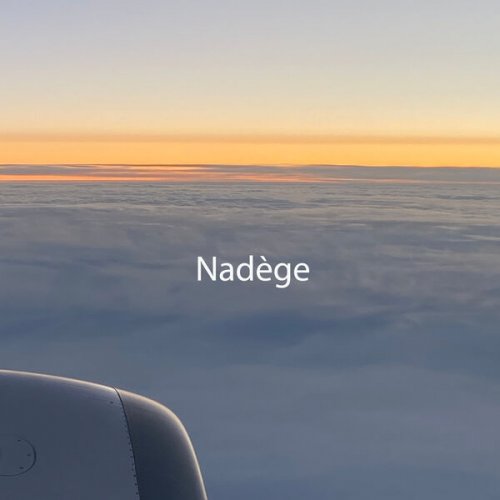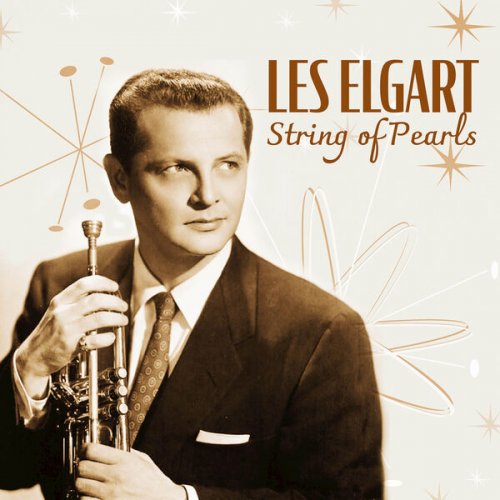Ronald Brautigam, Die Kölner Akademie, Michael Alexander Willens - Mozart: Piano Concertos Nos. 1-4 "Pasticcio Concertos" (2016) [Hi-Res]
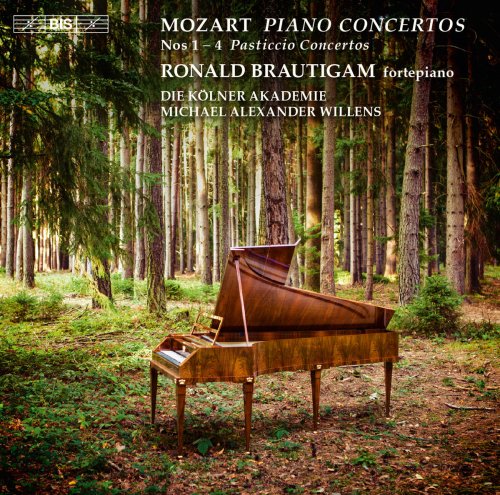
Artist: Ronald Brautigam, Die Kölner Akademie, Michael Alexander Willens
Title: Mozart: Piano Concertos Nos. 1-4 "Pasticcio Concertos"
Year Of Release: 2016
Label: BIS
Genre: Classical
Quality: flac lossless / flac 24bits - 96.0kHz
Total Time: 00:58:34
Total Size: 269 / 1019 mb
WebSite: Album Preview
TracklistTitle: Mozart: Piano Concertos Nos. 1-4 "Pasticcio Concertos"
Year Of Release: 2016
Label: BIS
Genre: Classical
Quality: flac lossless / flac 24bits - 96.0kHz
Total Time: 00:58:34
Total Size: 269 / 1019 mb
WebSite: Album Preview
-----------
01. Piano Concerto No. 3 in D Major, K. 40: I. Allegro maestoso
02. Piano Concerto No. 3 in D Major, K. 40: II. Andante
03. Piano Concerto No. 3 in D Major, K. 40: III. Presto
04. Piano Concerto No. 1 in F Major, K. 37: I. Allegro
05. Piano Concerto No. 1 in F Major, K. 37: II. Andante
06. Piano Concerto No. 1 in F Major, K. 37: III. Allegro
07. Piano Concerto No. 2 in B-Flat Major, K. 39: I. Allegro spiritoso
08. Piano Concerto No. 2 in B-Flat Major, K. 39: II. Andante
09. Piano Concerto No. 2 in B-Flat Major, K. 39: III. Molto allegro
10. Piano Concerto No. 4 in G Major, K. 41: I. Allegro
11. Piano Concerto No. 4 in G Major, K. 41: II. Andante
12. Piano Concerto No. 4 in G Major, K. 41: III. Molto allegro
Final disc in Ronald Brautigam’s traversal of Mozart’s piano concertos. Throughout the ten previous discs in their series of Mozart’s complete piano concertos, Ronald Brautigam and Die Kölner Akademie have offered up fresh, sometimes bracing readings of these perennial favourites. ‘An ideal mixture of clarity and stylish effervescence’ (International Record Review), ‘as near as dammit what Mozart’s audiences would have heard’ (Classic FM Magazine) and ‘a completely new, crisp ‘Mozart-feel’ for the 21st century’ (Stereoplay) are just some of the responses from the international music press. Various instalments have also received special recommendations from websites and magazines such as Klassik-Heute.de, Luister, Scherzo and, most recently, Gramophone, which listed volume 6 (BIS-1844) among its ‘50 greatest Mozart recordings’. In this final volume we are treated to Mozart’s very earliest attempts in the genre – the four so-called ‘pasticcio concertos’ from 1767. In these works, the 11-year old budding composer expands existing sonata movements into proper concertos, possibly as part of an exercise given him by his father Leopold. For a long time the concertos were thought of as original works, and it was only at the start of the 20th century that the truth began to emerge. Of the twelve movements that make up these concertos, eleven are based on keyboard sonatas by other composers, and only one – the slow movement of K 37 – is an original composition, probably a collaboration between father and son. A few years later Mozart would adopt a similar approach in the three unnumbered concertos K 107 (appearing on the previous disc in this series), which were arrangements of sonatas by Johann Christian Bach. But in the case of concertos 1-4, each work is based on originals by more than one composer, and while the K 107 set are arrangements for keyboard and strings, the scorings here include woodwinds, and in K 40 also trumpets.

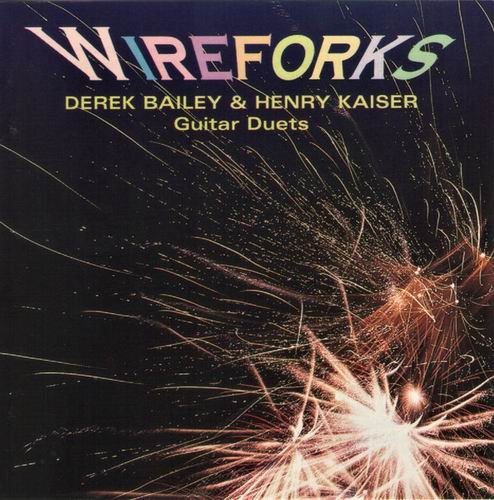
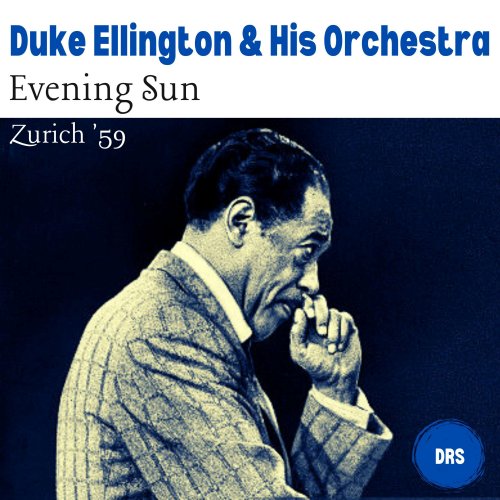
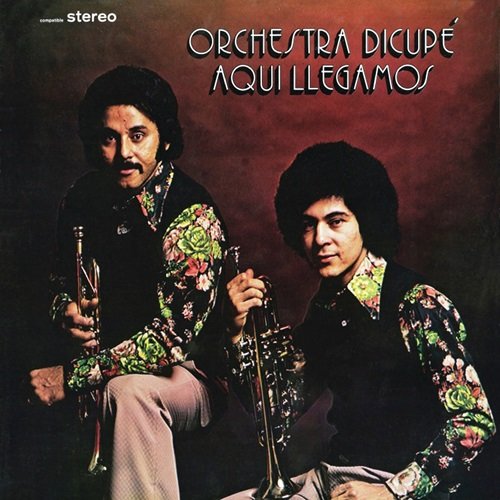
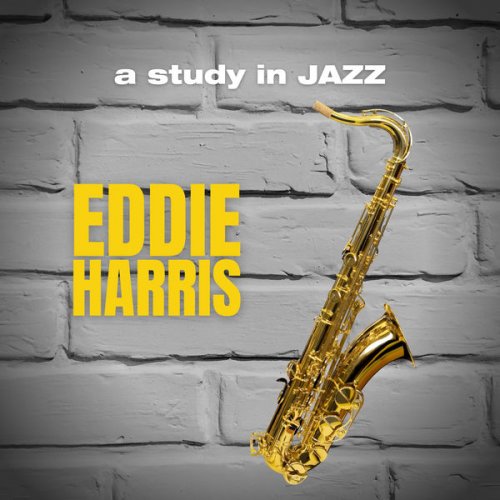
![Jake Baxendale - Gardening Music, Volume 1 (2025) [Hi-Res] Jake Baxendale - Gardening Music, Volume 1 (2025) [Hi-Res]](https://img.israbox.com/img/2026-01/12/h1xq4dp1lh5mal47e7fhs2e8t.jpg)

